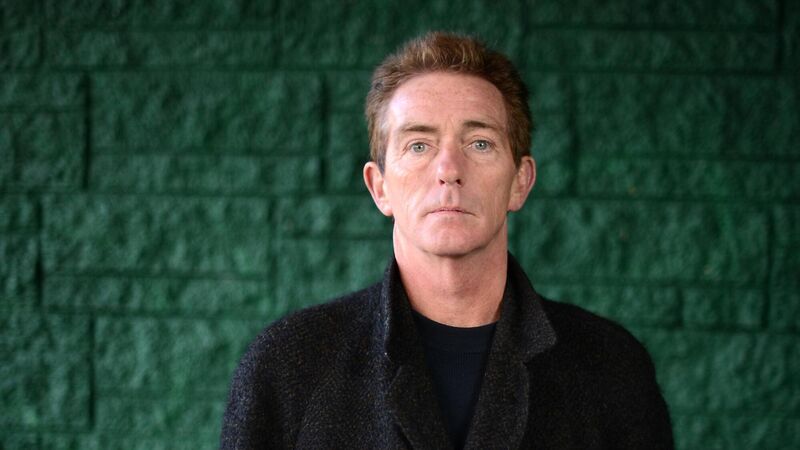Music That Made Me: Paul Cleary of The Blades on his formative influences

Paul Cleary and The Blades play in Cyprus Avenue, Cork, in September. Picture: Bryan Meade
Paul Cleary, 64, grew up in Ringsend, Dublin. In 1979, he co-founded The Blades.
After several acclaimed singles, the band released their debut album The Last Man in Europe in 1985, which included the classic track Downmarket.




